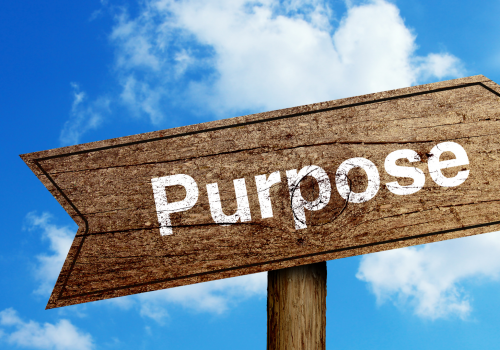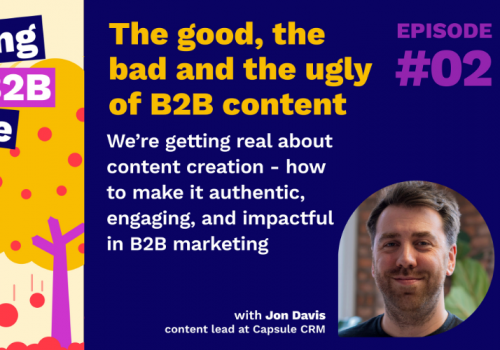The facts on Instagram’s growth are staggering. When the network was bought by Facebook in 2012 – two years after launch – it had 30 million users but there was no advertising on it. Today there are said to be 1 billion monthly active users and 2 million monthly advertisers and the figures are rising. There are also 25 million brand accounts on the social network, as largely consumer-focused businesses have piggy-backed the network to influence and sell to customers. A staggering rise to fame by any measure.
However, fame traditionally comes with risk. Among the many storylines about celebrity hair and diets, Googling Instagram today brings up many less than complimentary messages. Firstly, the desperately sad case of 14-year old Molly Russell who committed suicide after following social media sites promoting self-harm, suicide and depression. Then beyond this, a huge outage, reports of trolling and abuse of celebrity users, stories of people who deleted their accounts in search of a better life (and profess to have found it).
I’m not here to debate whether I think Instagram and similar social media apps are a good or bad thing. The point is, will they survive exposure to so much negativity in a way other types of brand typically have not?
Instagram is what I term a Platform Brand. It’s a vehicle for other people and brands to use – at the moment pretty much however they want. This creates a different type of loyalty perhaps not seen by traditional brands. Its users and customers reside within it. It’s woven into their lives in a way not seen historically. While it’s tagged as ‘social’ I am sure for many it is anti-social – something they interact and indulge in privately, rather like any other addiction they do not really want to share. Perhaps this means, like an addiction, it’s harder to unravel and detach yourself from when things go wrong?
Clearly much of the current backlash against Instagram is the alleged lack of control over negative and harmful content. Some say the network promotes the wrong type of content based on people’s searches and preferences. For example, someone searching self-harm should not be fed pictures of people demonstrating it, rather, directed to organisations and people who can help them avoid it. Perhaps the moral dial needs adjusting, but we can’t escape that the attractiveness of a platform brand like this is that it allows us to see, think, do or be whatever we (think we) want to be – at least to the outside world. Is society now the one steering the brand? Will only societal change determine its future?
With that in mind, does this mean that the old adage “the higher they rise the harder they fall” no longer applies to platform brands like Instagram? In contrast, their strength is only buoyed by controversy. Facebook may be seeing a decline in users but largely because of generational preferences and the rise of its sister company among younger people. Or, will the corporate world decide their fate? Whilst ‘social’ these brands are of course driven increasingly by advertising revenues. Invested brands could get jittery about their involvement and jump ship, triggering financially led decline.
What do you think? Are platform brands protected from decline by higher level of ownership and loyalty among their customers? Or are they in just as much peril and traditional brands that have disappeared off the face of the earth?











